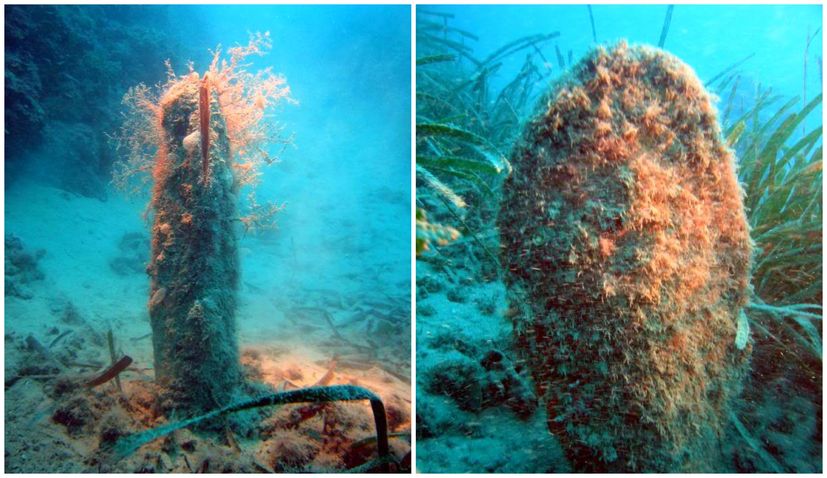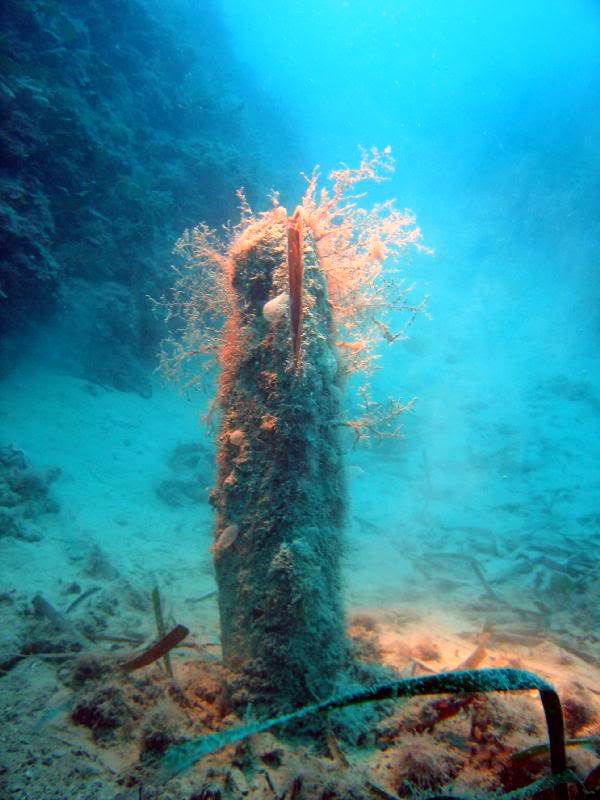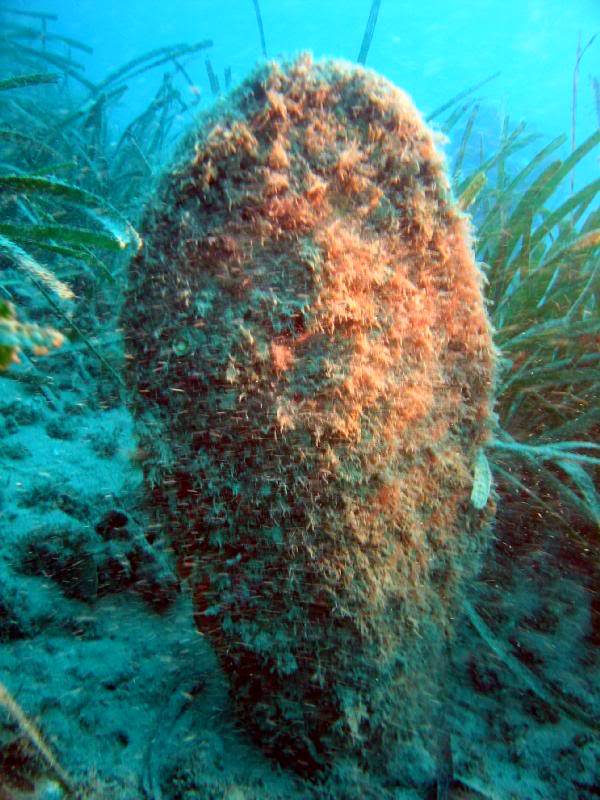23 fan mussels live in Croatian Adriatic and the mission to save them
- by croatiaweek
- in News

(Photo: Hectonichus/CC BY-SA 3.0)
ZAGREB, 22 April (Hina) – Activities have been underway to save the fan mussel in the Adriatic Sea, where currently, in the Croatian part of the Adriatic, 23 live fan mussels are known to exist and their status is being monitored, the Croatian Economy and Sustainable Development Ministry has said.
The ministry calls on members of the public to report locations where they have spotted live fan mussels so they can be identified and preserved and their populations restored.
This campaign by the ministry, aimed at raising awareness of the importance of preserving species, was expanded to include also the fan mussel in 2019.
So far, the ministry says, more than 2,000 reports by citizens have been received, with 150 being registered in 2023 alone, which bears evidence of their great interest in the campaign.
The project to preserve the fan mussel or noble pen shell (Pinna nobilis) in the Adriatic has been under way since 2020 and is co-financed by the Environmnetal Protection and Energy Efficiency Fund.
It was prompted by a mass mortality event which started in 2019 and led to an almost complete disappearance of the fan mussel, the ministry says.

Nobel pen shell (Photo: Hectonichus/CC BY-SA 3.0)
Citizens’ reports have also helped collect valuable data on other bivalve molluscs.
The ministry recalls that an annual meeting of partners involved in activities to preserve the fan mussel was held on the Brijuni islands, with representatives of Slovenia, Italy and Spain presenting their experiences and knowledge acquired while implementing activities to preserve the species.

(Photo: Hectonichus/CC BY-SA 3.0)
The meeting also served to exchange ideas and the latest scientific data and recommendations by experts in preservation of marine biodiversity and to agree specific preservation activities for the period to come.

